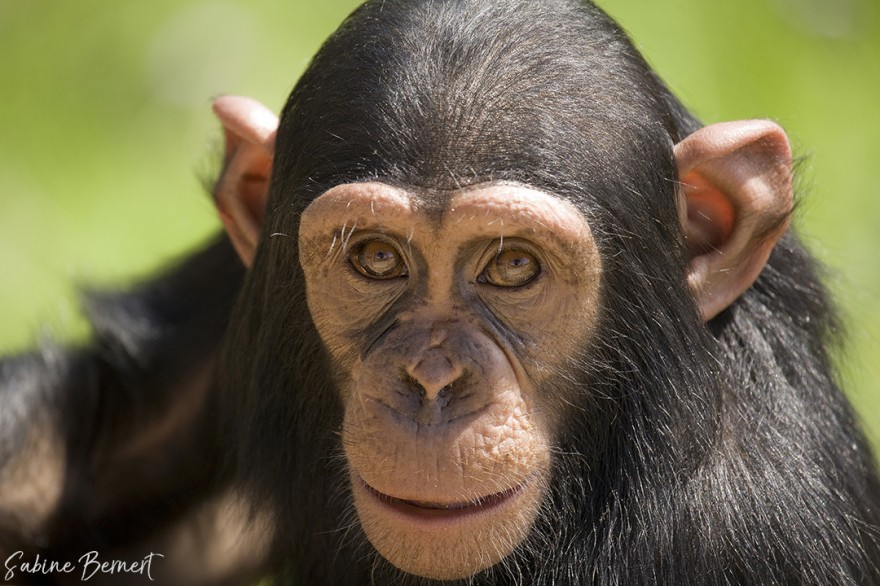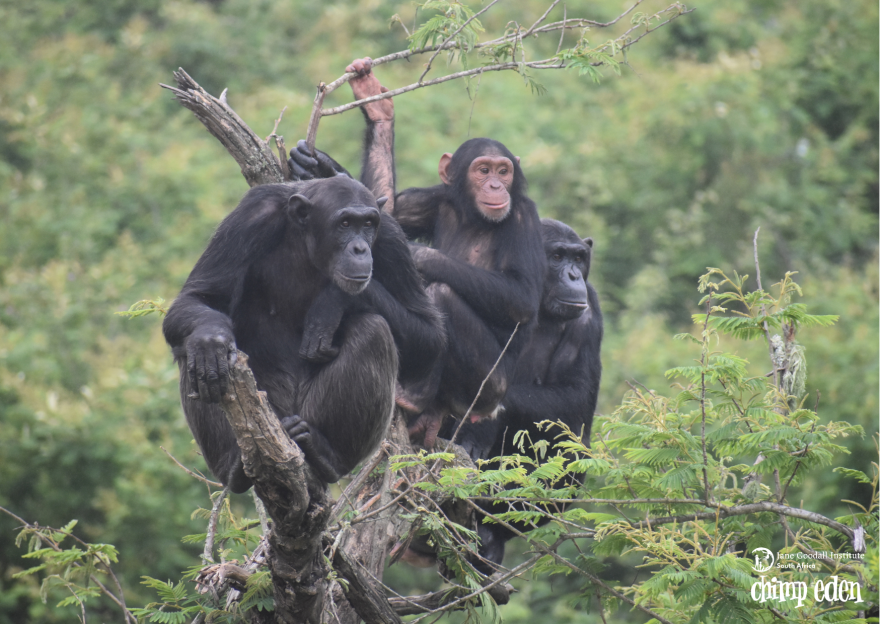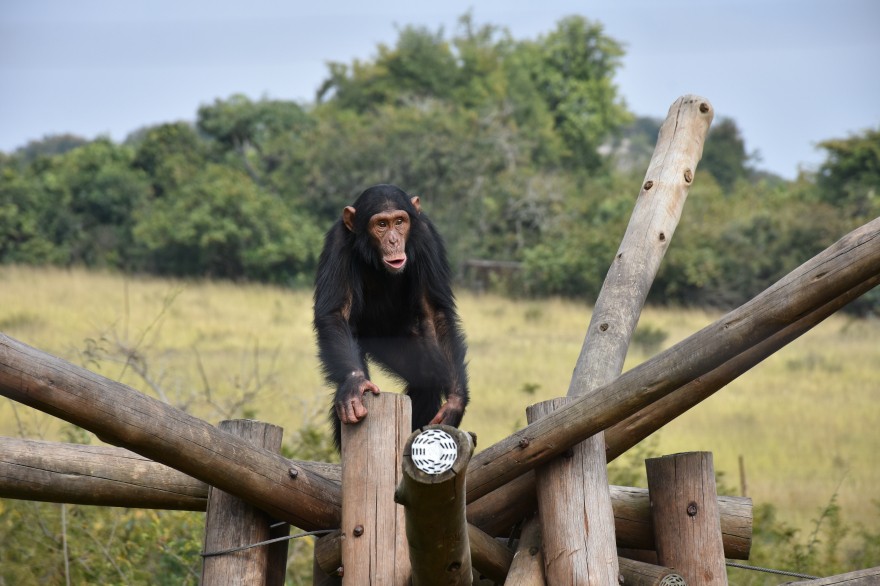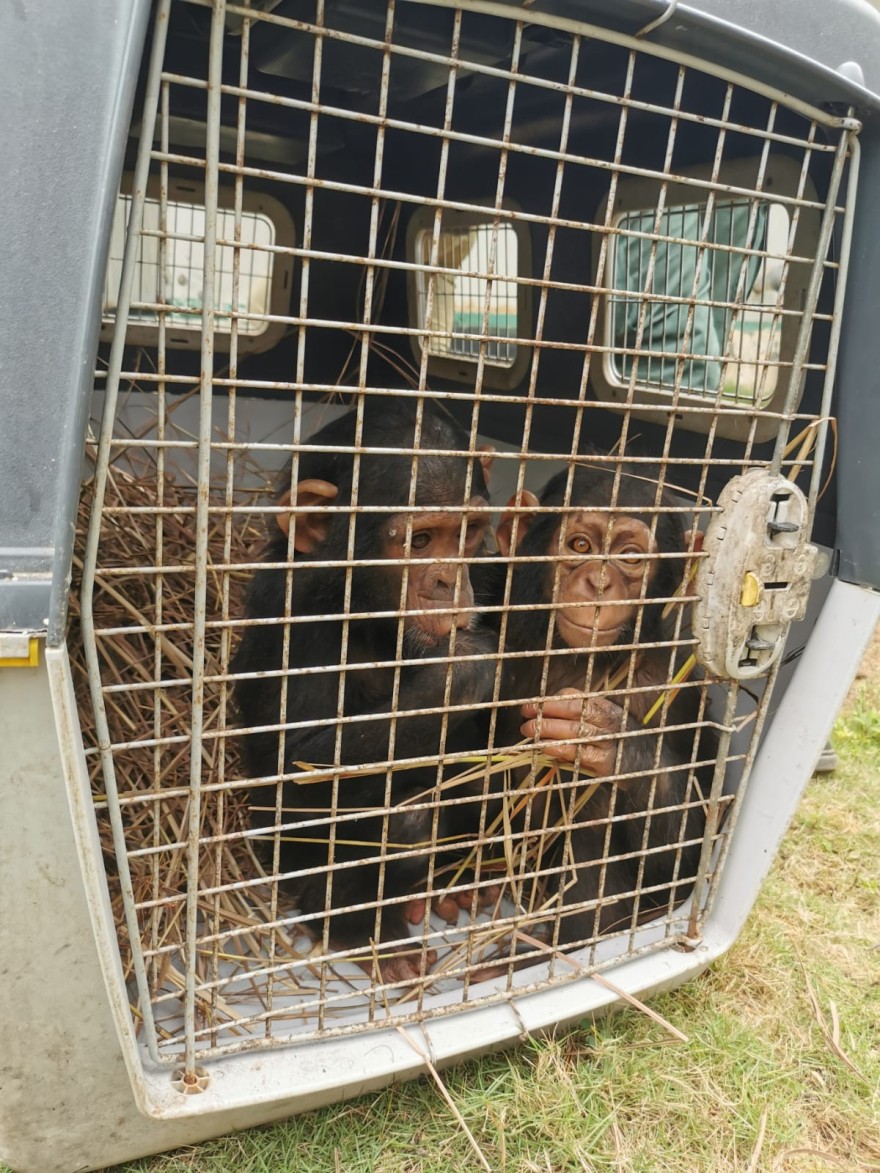Help rescued chimps
These chimps have been rescued from traumatic experiences. They can no longer live in the wild.
Help us look after them and give them the best life.
These chimps have been rescued from traumatic experiences. They can no longer live in the wild.
Help us look after them and give them the best life.
The Chimp Eden sanctuary is a chimpanzee rehabilitation centre in South Africa. Located in the Umhloti nature reserve, it is home to over 33 rescued chimpanzees, all victims of illegal trade or poaching.
Chimp Eden was created in 2006 and remains the only chimpanzee sanctuary in South Africa. The aim is to save chimpanzees that have survived the bushmeat trade, been orphaned, been sold on the illegal pet market or rescued after mistreatment in circuses, resorts and nightclubs. The chimpanzees at Chimp Eden are the lucky ones. They live in a safe environment and receive the attention they need to recover from the traumas they have suffered.
It’s unlikely that any of these chimpanzees can ever be released back into the wild, simply because conditions are perilous for them all over the continent. But here they live a semi-wild chimpanzee life – foraging, interacting with each other in massive treed enclosures on this 1000-hectare nature reserve, eating healthy food. They are treated with constant kindness – something in short supply in their previous lives.
When you donate to Chimp Eden, it's a symbolic donation. That means that all the money we raise will support all the 33 chimpanzees at Chimp Eden. But we'd like to highlight to very special chimps and tell you their story: Bazia and Amari.
Bazia’s mother was shot by poachers in the Congo as bushmeat and Bazia was smuggled across the border into the Sudan. The Sudanese military confiscated her and she was taken to a safe house. Here she was introduced to six other infants (Marco, Mowgli, Mary, Charlene, Azzie and Tamu). They were all transferred to the sanctuary together and quarantined in 2008.
Bazia does not have a lot of self-confidence and used to often cling on to Mary for reassurance. She has improved since being introduced to the outside enclosure and will now also look for reassurance from Charles and Jessica. Bazia is very playful and enjoys climbing in the trees with the other chimps. She has turned into an independent individual as she has grown older.
Amari was born 21 October 2017 to a female in our first Group, Bazia. We had no idea that Bazia was expecting. Bazia brought baby Amari on the tour the morning of her birth surprising all the staff. Bazia is extremely protective over the little Amari, and almost immediately started breastfeeding the youngster.
Amari is an extremely curious little chimp, constantly observing her environment and trying to get away from mom. All of her group members are showing interest in little Amari, but her mom will not allow anyone to get to rough with her. Some of the females have been observed disciplining the boys when they start getting too rough with Amari.
Do you want to learn more about chimpanzees? Check out our resources or become a R&S member and get access to even more chimpanzee clips and content. We also have a free workshop that we can give in your school or youth organisation.
In addition to loss of habitats, at least 3,000 of great apes, including chimpanzees, are lost to trafficking each year. Under CITES, the international agreement on wildlife trade, and national laws of the countries of habitat, capturing, killing or commercial trade of great apes is illegal.
In addition to pushing these endangered species to the brink of extinction, the illegal trade causes immense suffering to animals that are taken from the wild and killed or held captive in terrible conditions. In many range countries, adult great apes are hunted for wild meat for local or international trade. When mothers are killed, live infants are captured to be trafficked to meet demand for illicit exotic pets or for human entertainment at disreputable zoos and tourist attractions.
Trafficking of great apes is a highly profitable business and a form of serious organised crime that is facilitated by corruption. Social media and digital payment enables ease of online trade with minimal risk of capture or punishment. Due to poor legal enforcement, wildlife trafficking does not face the full force of justice.
The Jane Goodall Institute provides educational programmes to local communities about the importance of protecting endangered species. As a result, local communities have become increasingly aware that hunting great apes is illegal and that they should alert law enforcement agencies about poachers. We are also seeing an increase in arrests and prosecutions as a result.
Law enforcement officers confiscate chimpanzees from great ape traffickers or hunters and the rescued chimpanzees are brought to safe sanctuaries: Tchimpounga in the Republic of Congo and Chimp Eden in South-Africa. Through expert care and rehabilitation, we are able to give them another chance at a good life.
Do you want to learn more about illegal wildlife trafficking? We have a free workshop for schools and youth groups. In this workshop we explain the dangers and implications of illegal wildlife trade and suggets solutions. You can also check out or resources.



